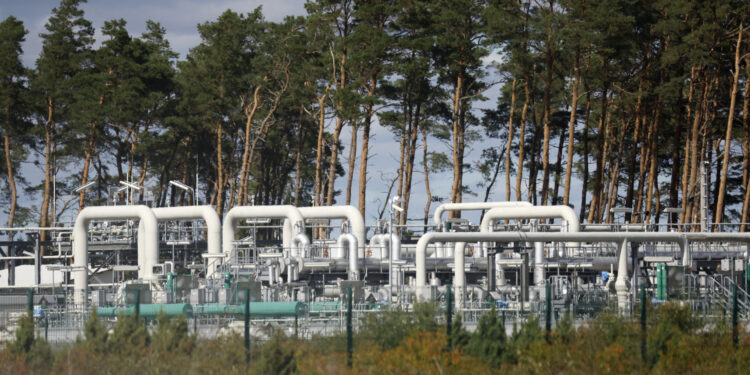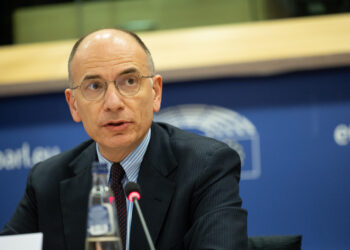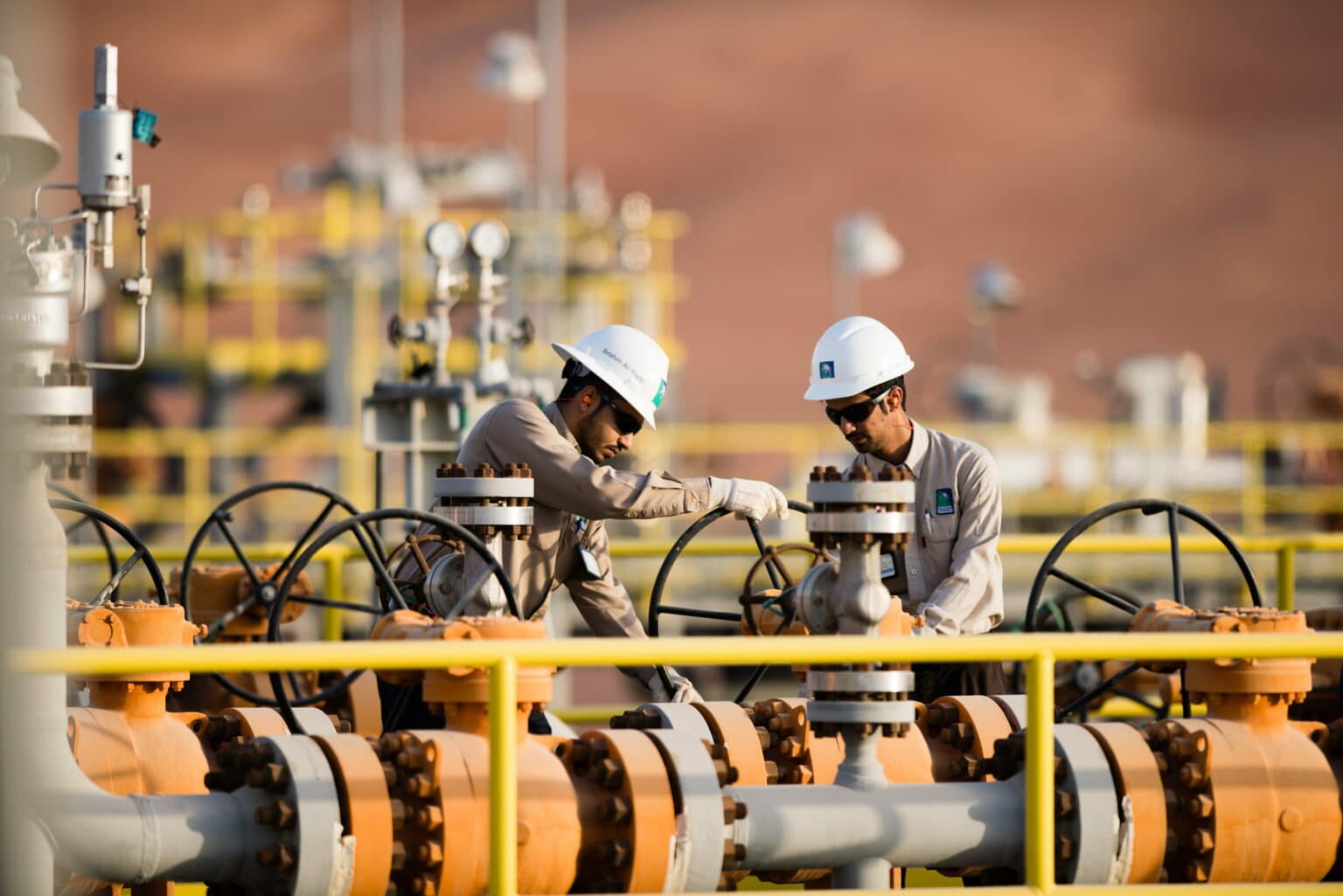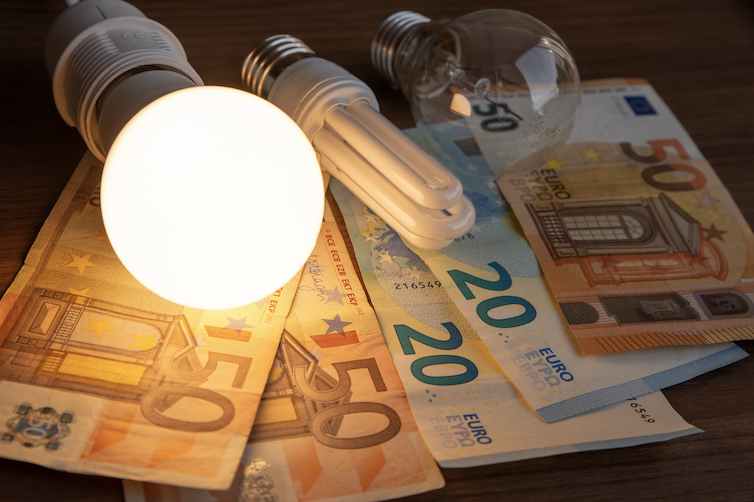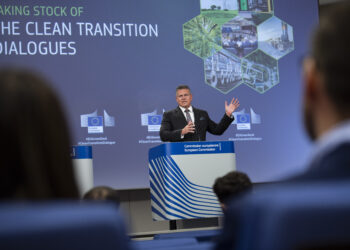Brussels – Without a substantial plan to modernize the energy infrastructure, the EU’s green transition risks remaining a pipe dream. EU energy ministers converged on this point: Brussels must accelerate the construction of electricity grids throughout Europe, keeping in mind the ultimate goal: energy neutrality, to be achieved by mid-century.
At the informal Energy Council, held in Brussels on April 15 and 16, the Belgian Presidency of the EU Council and the European Commission Vice President responsible for the Green Deal, Maroš Šefčovič, invited the ministers of the twenty-seven countries to discuss the need for a better coordinated and integrated European electricity grid, the financial and risk-reduction aspects of cross-border investments in electricity infrastructure, and how to ensure grid resilience.
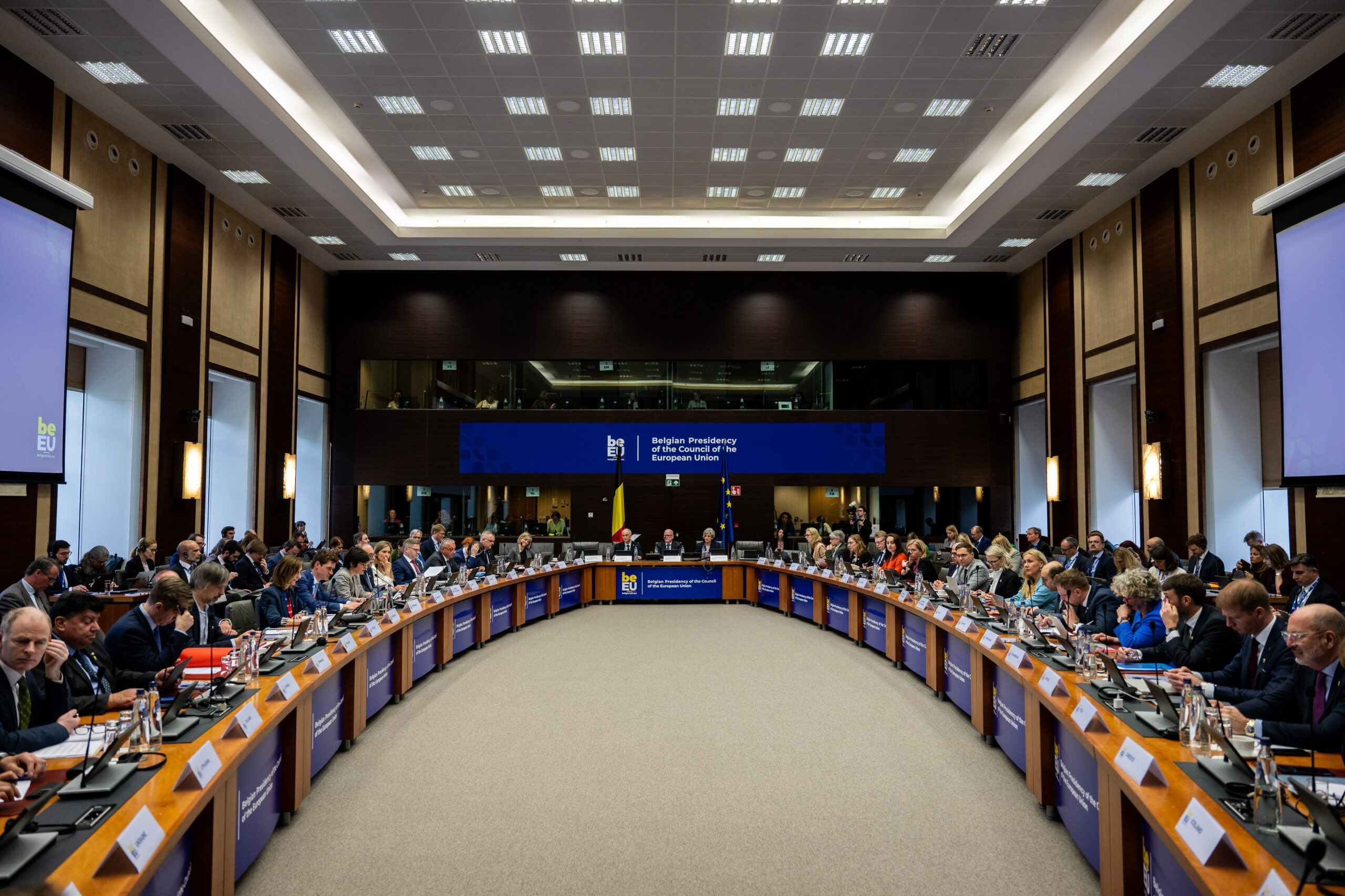
Because accelerating the use of clean energy must go hand in hand with developing the arteries for its distribution.”If you can’t get it into homes and industries, it’s useless,” commented Belgium’s Energy Minister, Tinne Van der Straeten, on the sidelines of the proceedings. Resources are needed, in huge amounts: “We need the right tools, a favourable regulatory framework, and money to make huge investments in infrastructure,” the minister suggested.
According to the numbers put on the table by the European Commission, the bottom line is that 40 per cent of power transmission facilities and corridors in the EU are already more than 40 years old. “We need to double our existing cross-border transmission infrastructure by 2030, and for the simple upgrade, we need almost 600 billion euros of investment,” Šefčovič said. But the ultimate horizon to keep in mind is 2050, when Brussels wants to achieve energy neutrality: “To achieve the 2050 goals, we will have to transport three times as much energy as we transport today because we will have to electrify almost everything,” warned the executive responsible for the Green Deal.
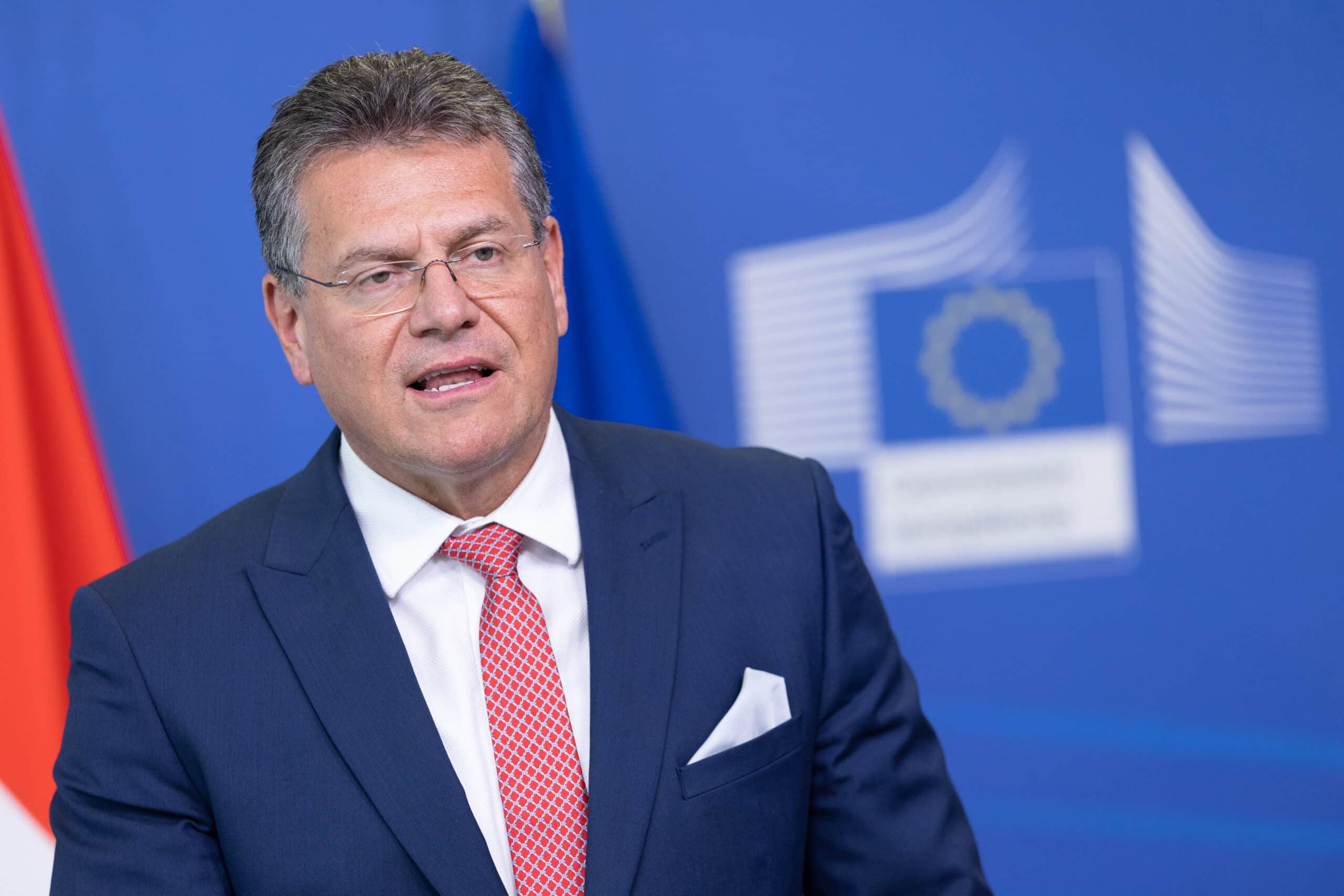
European Commission Vice-President responsible for the Green Deal, Maroš Šefčovič
The electricity grid infrastructure is the backbone of the energy transition, crucial in providing access to abundant volumes of electricity at low marginal cost for European industries and citizens. In the long term, to the first 64 GW of additional capacity to be installed on the cross-border electricity transmission grid by 2030, the European Commission’s forecast indicates that a further 24 GW of capacity will be needed by 2040 “to keep pace with rapid changes in electricity supply and demand.”
The mother of all problems is that “funding is currently insufficient.” That total 584 billion investment in electricity infrastructure must be found “using existing financial programs,” such as the Connecting Europe Facility (CEF) and the EU budget, but also “new instruments,” insisted the Belgian rotating EU presidency. “Not necessarily a new dedicated fund, but a new framework dedicated to electricity grids” including “innovative financing mechanisms, derisking tools and so on.”
The other knot that needs to be untangled relates to grid grounding. With Šefčovič, ministers discussed the urgency of “accelerating the speed of permitting and increasing the scope and speed of supply chains through standardization” among EU countries. The underlying principle is that an aligned policy among the 27 could speed up the transition time “by reducing the complexity and excessive length of national permitting procedures.”
European Solar Charter, another step toward a zero-emission EU
Complementary to these arguments came yesterday (April 15), the signing by the European Commission, 23 member countries (including Italy), and industry representatives of the European Solar Charter, which sets out a series of voluntary actions to be taken to support the EU photovoltaic industry. “The undersigning
member states and solar industry representatives, respectively, commit to promote a resilient supply of high-quality sustainable solar PV products in Europe
and promote the creation of a market for high-quality products that meet high sustainability and resilience criteria, in full compliance with the EU’s climate and energy objectives,” reads the paper, which outlines “a number of elements that can contribute to this end, including the rapid implementation of relevant provisions of the Net Zero Industry Act on the use of non-price criteria in renewable energy auctions, public procurement or other relevant support schemes.”
At present, the fastest-growing renewable energy source in the EU—particularly photovoltaics—has already saved in the 2022-23 biennium “the equivalent of 15 billion cubic meters of Russian gas imports in total, mitigating the risk of disruption of gas supplies to the Union.” However, the bogeyman is to replace dependence on the Kremlin with new dependence from Beijing, the world leader in solar panel production: to date, only 3 per cent of the solar panels used in the European Union have been produced in the 27 member countries. “We cannot fully compete with China, but there is an intention to have new EU production capacity,” Van der Straeten admitted at a press conference today.
In the EU, the sector already provides “about 650,000 jobs, 90 per cent of which in the installation phase, and is expected to increase to about one million by 2030.” To reach the target of at least 42.5 per cent renewable energy by 2030, with an ambition to reach 45 per cent, “it will be necessary to further accelerate the deployment of renewable energy, including solar energy.”
English version by the Translation Service of Withub